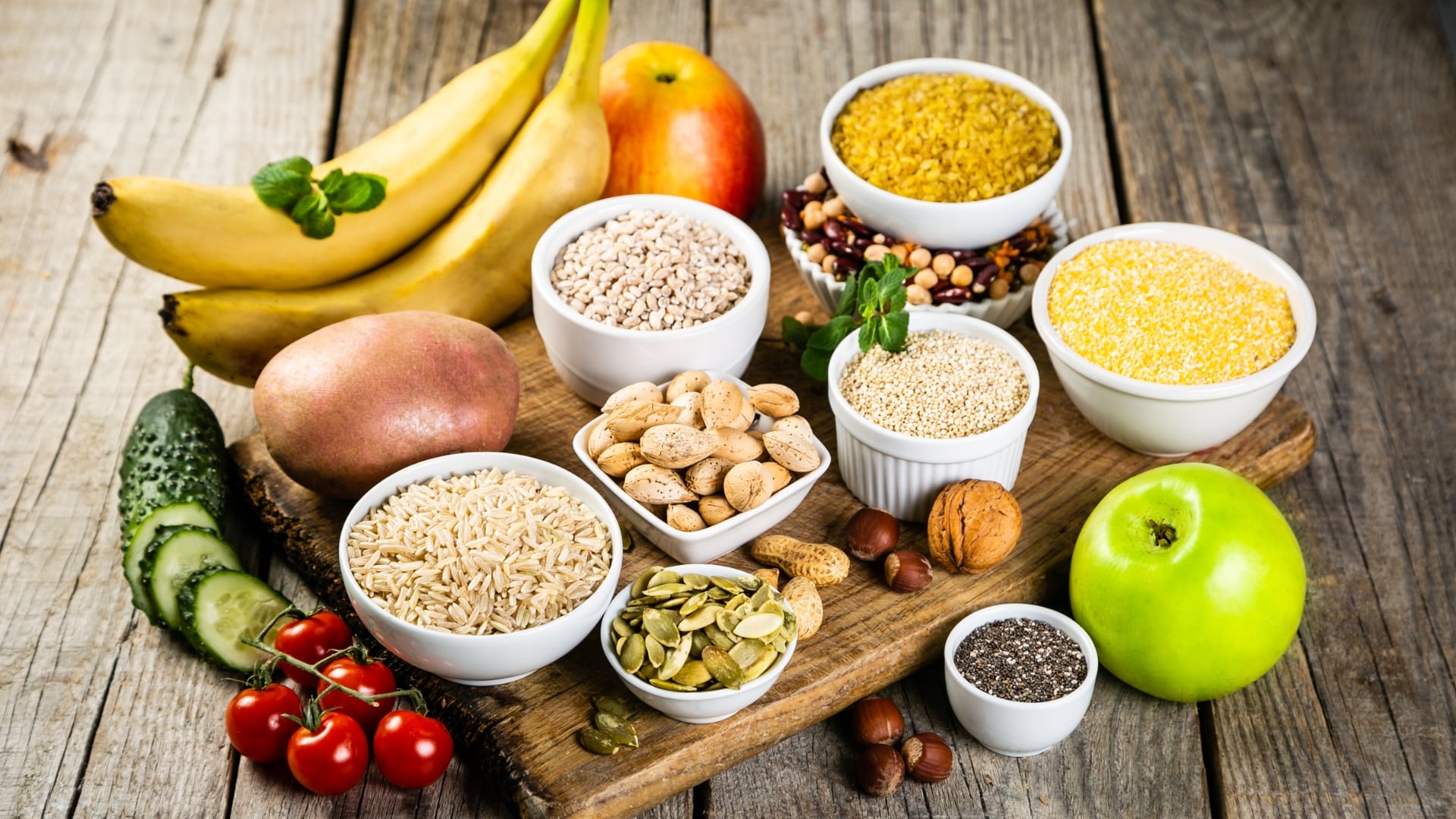There’s been a lot of talk about reducing carbon footprints, conserving water, and protecting our planet’s biodiversity. Amidst the myriad of solutions, one simple action stands out with profound effects: taking a day off from eating meat. If you’ve ever considered the environmental ramifications of your diet, you might be surprised at the ripple effect that just one meat-free day can create.
Let’s delve into the savings achieved by such a seemingly small gesture.
1. Greenhouse Gas Reduction
Livestock farming is a significant contributor to greenhouse gas emissions. According to the Food and Agriculture Organization (FAO) of the United Nations, the livestock sector emits roughly 14.5% of all human-induced GHG emissions. By skipping meat for just one day, you’re cutting back on a significant amount of carbon dioxide, methane, and nitrous oxide – all of which play roles in climate change.
2. Conserving Precious Water
Producing a pound of beef requires an estimated 1,800 to 2,500 gallons of water, while a pound of tofu only requires 244 gallons. Going meatless for a day can save more water than not showering for six months!
3. Saving Habitats & Biodiversity
Deforestation driven by the demand for grazing land and feed crops for livestock is a major threat to species-rich habitats like rainforests. By cutting back on meat, even occasionally, you help reduce the demand that’s driving habitat destruction and endangering countless species.
4. Reducing Overfishing
Taking a break from fish as well? You’re playing a part in giving overfished populations a chance to rebound. With approximately 90% of the world’s fish stocks fully exploited or facing depletion, reducing our consumption can help maintain balanced ecosystems.
5. Saving Energy
Producing meat requires energy at multiple stages – from producing feed for animals to processing the meat and refrigeration. A vegetarian diet requires nearly 10 times less energy from fossil fuels than a standard diet with meat.
6. Decreasing Pollution
Runoff from farms, particularly large-scale livestock farms, can introduce harmful compounds, such as antibiotics, hormones, pesticides, and fertilizers, into water systems. This not only impacts aquatic life but also the quality of water that eventually reaches our taps.
A Broader Perspective
Imagine the collective power if an entire community or even a city decided to go meatless for a day. The environmental savings would be monumental. Some communities globally are already initiating “Meatless Monday,” encouraging residents to take a weekly break from animal-based proteins. These efforts emphasize how small individual actions, when amplified across populations, can lead to substantial environmental change.
Every meal is an opportunity to make an environmental statement. While one day without meat might seem insignificant in isolation, its cumulative effect over time is profound. As we become more conscious of the ecological footprint of our food choices, even minor shifts can pave the way for a sustainable and vibrant planet.
Whether it’s for personal health, ethical reasons, or environmental concerns, integrating meat-free days into your week is a delicious and impactful way to make a difference.





